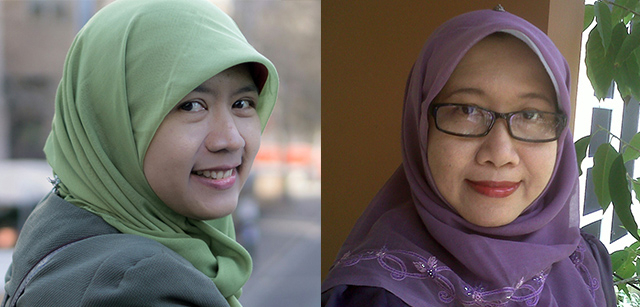Login with your zID and zPass
Any problems email servicedesk@unsw.edu.au

The School of Public Health and Community Medicine is holding a seminar on Wednesday, 22nd November from 12.00 – 1:00 pm in Room 305, Samuels Building. The seminar will be presented by Dr Dra. Chriswardani Suryawati, MKes, Associate Professor in Faculty of Public Health, Diponegoro University, Semarang, Indonesia and Dwi Linna Suswardany.
Dr Dra. Chriswardani Suryawati, MKes, Associate Professor in Faculty of Public Health, Diponegoro University, Semarang, Indonesia
Maternal and Infant Mortality Rate are still high in Indonesia. The government have implemented MCH policies aimed to reduce MMR and IMR. Many programs to resolve IMR was conducted by reducing protein energy malnutrition, stunting, iodine deficiency disorder. The recent program implemented by the Ministry of Health is intervention to the first 1000 days of live (from pregnancy until two years old). The government also conduct many programs to decrease MMR by delivering antenatal care, monitoring high risk pregnancy and childbirth and postpartum services.
Dwi Linna Suswardany
Malaria, tuberculosis (TB), maternal morbidity and mortality are still major health challenges in low to middle-income countries, including Indonesia. Timely diagnosis and treatment of TB, malaria, and postnatal danger signs (PNDS) are critical to improve detection and initiate appropriate treatment. Traditional medicine (TM), particularly jamu/herbs use, is common for maintaining general health condition in Indonesia. Regardless free antimalarial drugs and anti TB drugs are provided by the government, TM is reported as one of the perceived causes of delay in seeking health care. A thorough understanding of TM user’s characteristics is crucial following the potential risk of inappropriate TM usage.